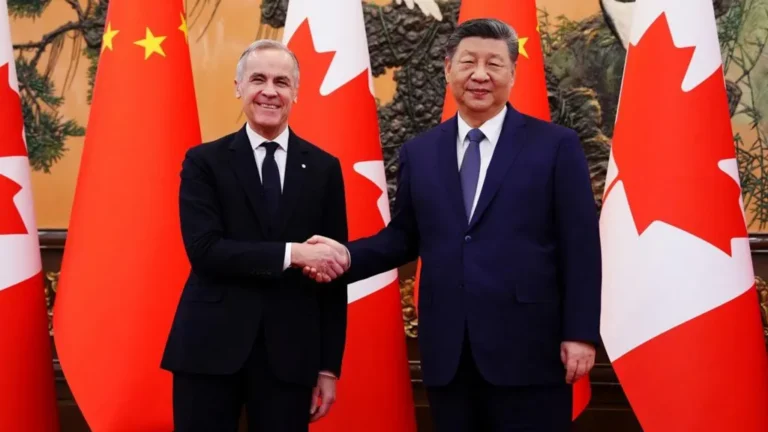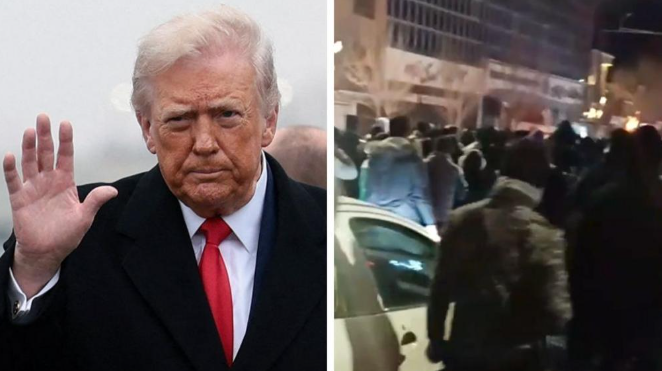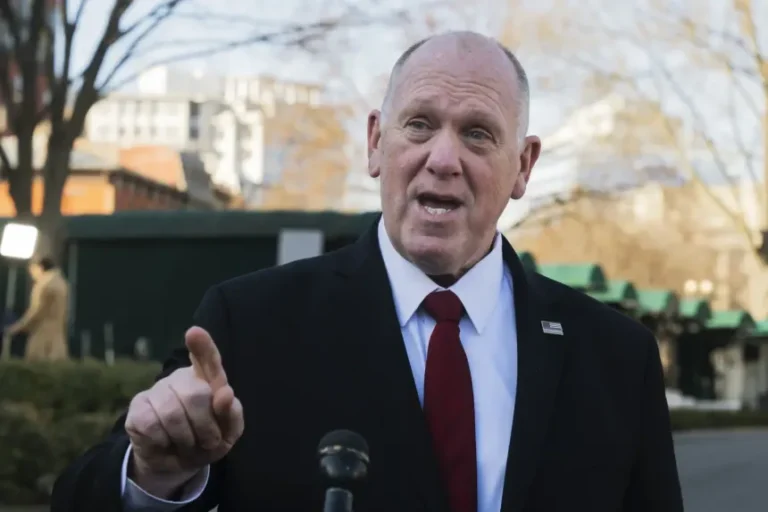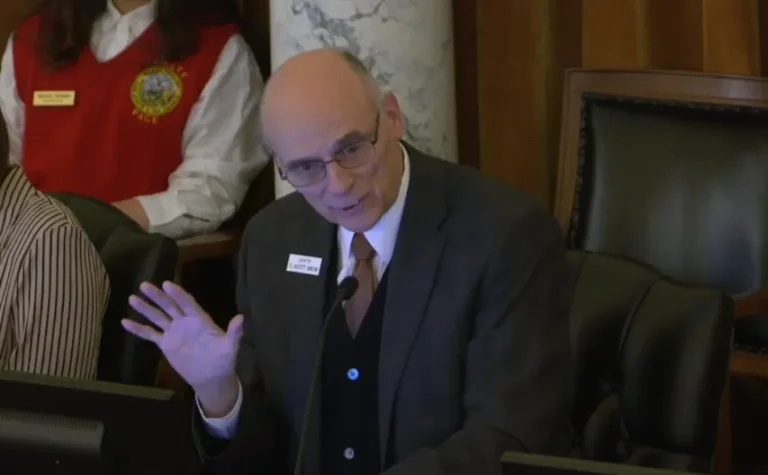
May 12, 2025 – WASHINGTON, D.C. — Treasury Secretary Scott Bessent said Monday that the latest U.S.-China trade agreement marks significant progress in the U.S.’s long-term goal of strategic economic decoupling from China, especially in critical sectors.
While the full details of the agreement remain unclear, U.S. officials confirmed that reciprocal tariffs will be suspended for 90 days, though broad-based 10% import duties will remain, along with a separate 20% tariff tied to fentanyl-related concerns.
Decoupling Not Total, But “Strategic”
Speaking on CNBC, Bessent emphasized that the U.S. is not seeking a complete separation from China, but rather a targeted shift in areas vital to national and economic security, such as steel, semiconductors, and critical medicines.
“We do not want a generalized decoupling,” Bessent said. “But what we do want is a decoupling for strategic necessities.”
The goal, he noted, is to reduce vulnerability in key supply chains—a weakness exposed during the COVID-19 pandemic when the U.S. faced widespread product shortages and record inflation.
Tariff Pause and Key Industry Protection
Under the new agreement:
- Reciprocal tariffs will be suspended for 90 days
- The 10% general tariff on imports will remain in place
- A 20% tariff on goods linked to fentanyl trafficking will continue
Bessent reiterated that tariffs on industries like steel and high-tech manufacturing would stay intact to promote domestic resilience.
Fentanyl Cooperation and Future Talks
Bessent also highlighted new cooperation from China on stemming the flow of fentanyl precursor chemicals, calling the development a “serious” shift. He did not confirm a date for follow-up negotiations but said another round of talks is expected within weeks.






